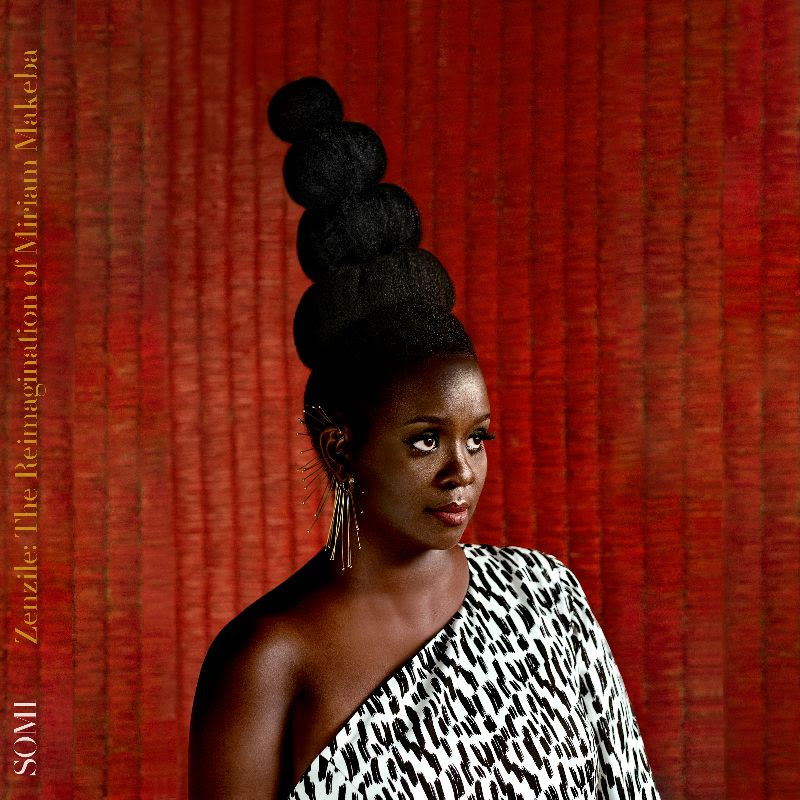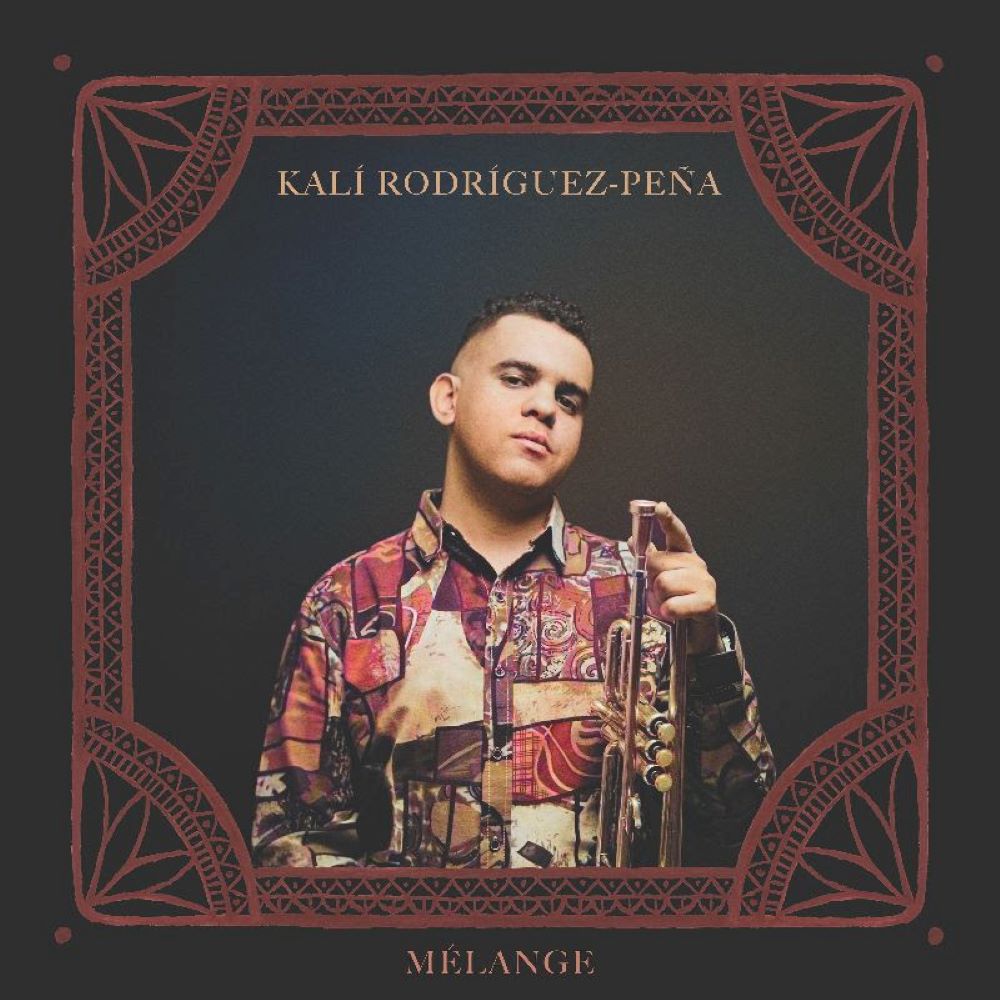Grammy-Nominated, Internationally Acclaimed Vocalist Somi's Zenzile: The Reimagination Of Miriam Makeba is out now
New Album Honors Groundbreaking South African Singer, Songwriter, And Civil Rights Activist Miriam Makeba
Special Guests Include Angelique Kidjo, Gregory Porter, Ladysmith Black Mambazo, Seun Kuti and more
Album celebration at the Apollo Theater on March 19, 2022
☆☆☆☆ – Downbeat Magazine
“… a colorful portrait of Miriam Makeba’s diverse catalog.” – Jazz Times
Photo of Somi by Chris Schwagga
On March 4, 2022, GRAMMY-nominated vocalist and songwriter Somi released her new album, Zenzile: The Reimagination Of Miriam Makeba, a celebration of the late Makeba’s invaluable musical contributions and messages of social justice. The album, which will be released on the artist’s Salon Africana label, features Somi’s renditions of some of Makeba’s best known songs—both Makeba’s own compositions and covers. This updated release date is set to honor Makeba on what would have been her 90th birthday. On March 19, Somi will celebrate the release of this monumental album at the historic Apollo Theater. More information can be found here.
Regarded as one of Africa’s first international superstars, Makeba (whose given name is ‘Zenzile’) elevated the spirit of a continent, including her native South Africa. Her courage, however, was met with three decades of political exile from her homeland followed by blacklisting in the United States after her marriage to civil rights activist Stokely Carmichael. Somi’s lifelong love of Makeba’s music and personal strength led to a record that she hopes will inspire a rediscovery of Makeba’s life and work. Somi adds, “This album is my attempt to honor the unapologetic voice of an African woman who inevitably made room for my own journey and countless other African artists. In short, I owe her. We all do.”
In recognition of Makeba’s resonance throughout Africa and the diaspora, Somi invited a number of special guests to perform on the record. From South Africa, Grammy-winning male vocal group Ladysmith Black Mambazo, singer-songwriter Msaki, vocalist and activist Thandiswa Mazwai, and jazz pianist-composer Nduduzo Makhathini join Somi for the tribute. Guests also include GRAMMY-winning American jazz singer Gregory Porter, Nigerian singer-musician Seun Kuti (Fela Kuti’s youngest son), and GRAMMY-winning singer-songwriter and activist, Angelique Kidjo.
To further celebrate the work of Makeba, Somi stars in Dreaming Zenzile, her original musical theater production based on the life of Makeba under the direction of Obie-award winner Lileanna Blain-Cruz. On September 10, this electrifying portrait of Makeba kicked off the ‘21-’22 theater season at The Repertory Theatre of St. Louis (The Rep). The rolling world premiere production journeyed on to the McCarter Theatre Center in Princeton earlier this year, to ArtsEmerson in Boston last month, and to an Off-Broadway run in New York City co-produced by the National Black Theatre, New York Theatre Workshop and Apollo Theater, all in partnership with Octopus Theatricals, starting May/June 2022. The soul-stirring production includes a live jazz band playing original music and reinterpretations of Makeba’s remarkable catalog while telling the story of her extraordinary life journey.
In addition to Somi’s upcoming album and theater production, 2021 brought the artist her first GRAMMY nomination. Holy Room: Live at the Alte Oper, recorded with the Frankfurt Radio Big Band, was nominated for Best Jazz Vocal Album. The album also won an NAACP Image Award for Outstanding Jazz Vocal Album.
Late last year, Spotify announced its partnership with Somi as the latest African singer to join its EQUAL Music Program. The EQUAL Music Program is a global initiative that Spotify has created to cultivate gender equality in music and support female creators under one brand. In celebration of the partnership and new music, Somi was featured on a billboard in Times Square.
In addition, Somi was recently featured in “The Arts Interrupted,” an episode of PBS Great Performances that examined artistic challenges and potential for growth during the Covid shutdown.
Zenzile: The Reimagination of Miriam Makeba Tracklist
1. Umhome
2. House of the Rising Sun
3. Milele feat. Seun Kuti & Thandiswa Mazwai
4. Hapo Zamani
5. Love Tastes Like Strawberries feat. Gregory Porter
6. Khuluma feat. Msaki
7. Pata Pata
8. A Piece of Ground
9. Kwedini
10. Lakutshon’ilanga
11. Olili
12. Mbombela
13. Jike’lemaweni feat. Angelique Kidjo
14. Nonqonqo feat. Ladysmith Black Mambazo
15. Malaika
16. Ring Bell, Ring Bell
17. Mabhongo feat. Nduduzo Makhathini


























